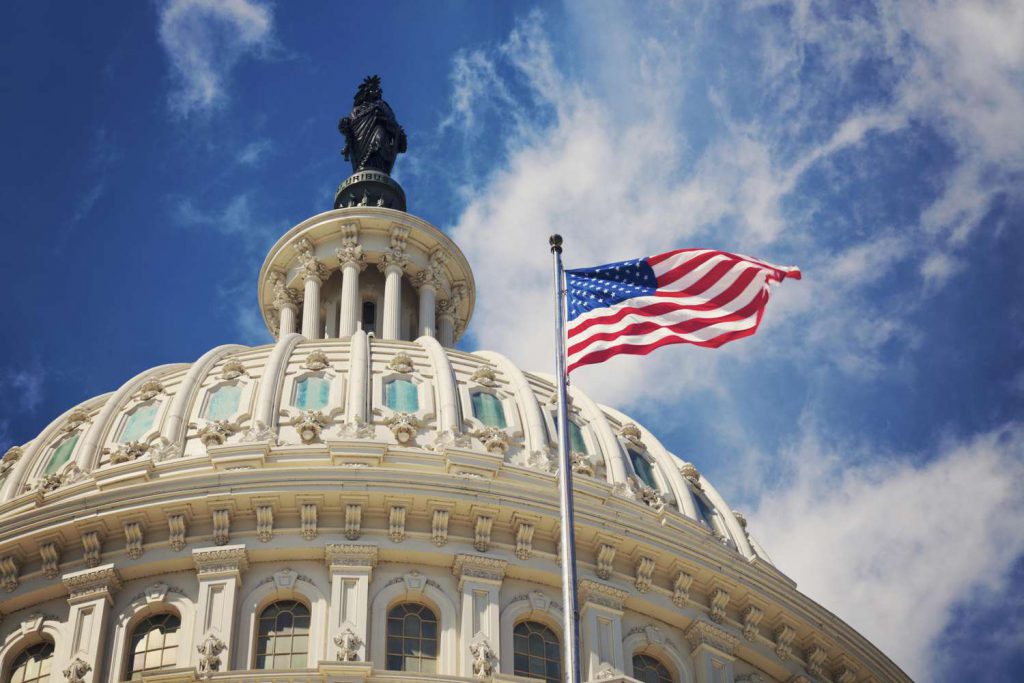In what is a monumental development for the digital asset industry, the US House of Representatives has passed the FIT21 Crypto Bill. Indeed, the Financial Innovation and Technology for the 21st Century Act represents a huge step forward in the mission for greater regulatory clarity in the United States.
US President Joe Biden did issued a statement about the upcoming vote taking place today. Specifically, the White House admitted that they do not support the legislation, but that they would not veto the bill if it ended up on the president's desk. Still, the bill has received bipartisan support, which will introduce a comprehensive regulatory framework for the growing industry.
Also read: Cryptocurrency: 3 coins that could make you a millionaire
The US House passes the FIT21 Crypto Bill as it heads to the Senate
In recent years, the digital asset market has faced increasing uncertainty about operations in the United States. That's thanks in large part to the regulatory tactics of the U.S. Securities and Exchange Commission (SEC). Specifically, the agency has committed itself to regulation through enforcement, at the expense of market growth in the country.
Now that could change, as the US House of Representatives today voted to pass the FIT21 crypto bill. The bill has received tremendous bipartisan support, with eight Democrats in the House of Representatives signing a memo in support of the Republican-led legislation.

Also read: US Congressman introduces bill to abolish the Federal Reserve
The bill had long been expected to pass at this level of the process. Conversely, the legislation will now be sent to the Senate. There the ultimate fate becomes a little less clear. However, House representatives have reportedly held more discussions with members of the Senate to move forward on legislative action in the digital assets sector.
The sector itself has become an increasingly important battleground in an election year. Donald Trump recently announced cryptocurrency would be accepted in fundraising efforts. Additionally, Biden recently noted that he is willing to engage with Congress on a “balanced regulatory framework.”
Even if the bill does not gain approval in the Senate, development of that framework is underway. Therefore, the momentum will hopefully bring the spirit of the law into some form. This is especially true as the modern political landscape has further cracked down on the industry.
